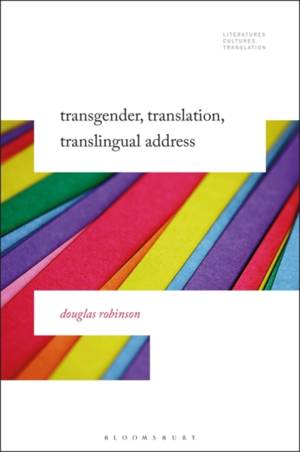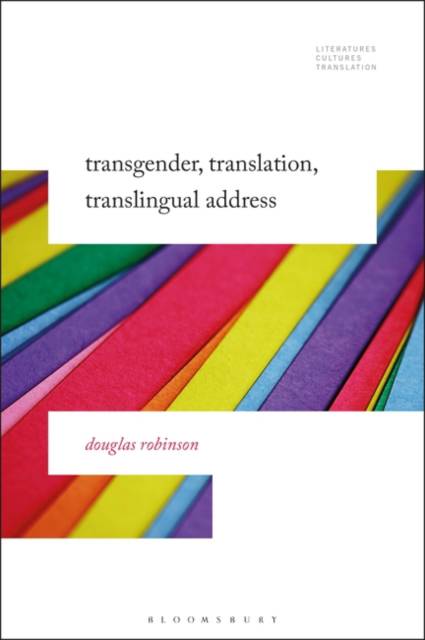
- Retrait gratuit dans votre magasin Club
- 7.000.000 titres dans notre catalogue
- Payer en toute sécurité
- Toujours un magasin près de chez vous
- Retrait gratuit dans votre magasin Club
- 7.000.0000 titres dans notre catalogue
- Payer en toute sécurité
- Toujours un magasin près de chez vous
Description
The emergence of transgender communities into the public eye over the past few decades has brought some new understanding, but also renewed outbreaks of violent backlash. In Transgender, Translation, Translingual Address Douglas Robinson seeks to understand the "translational" or "translingual" dialogues between cisgendered and transgendered people.
Drawing on a wide range of LGBT scholars, philosophers, sociologists, sexologists, and literary voices, Robinson sets up cis-trans dialogues on such issues as "being born in the wrong body," binary vs. anti-binary sex/gender identities, and the nature of transition and transformation. Prominent voices in the book include Kate Bornstein, C. Jacob Hale, and Sassafras Lowrey. The theory of translation mobilized in the book is not the traditional equivalence-based one, but Callon and Latour's sociology of translation as "speaking for someone else," which grounds the study of translation in social pressures to conform to group norms. In addition, however, Robinson translates a series of passages from Finnish trans novels into English, and explores the "translingual address" that emerges when those English translations are put into dialogue with cis and trans scholars.Spécifications
Parties prenantes
- Auteur(s) :
- Editeur:
Contenu
- Nombre de pages :
- 288
- Langue:
- Anglais
- Collection :
Caractéristiques
- EAN:
- 9781501345548
- Date de parution :
- 24-01-19
- Format:
- Livre relié
- Format numérique:
- Genaaid
- Dimensions :
- 142 mm x 218 mm
- Poids :
- 453 g

Les avis
Nous publions uniquement les avis qui respectent les conditions requises. Consultez nos conditions pour les avis.






